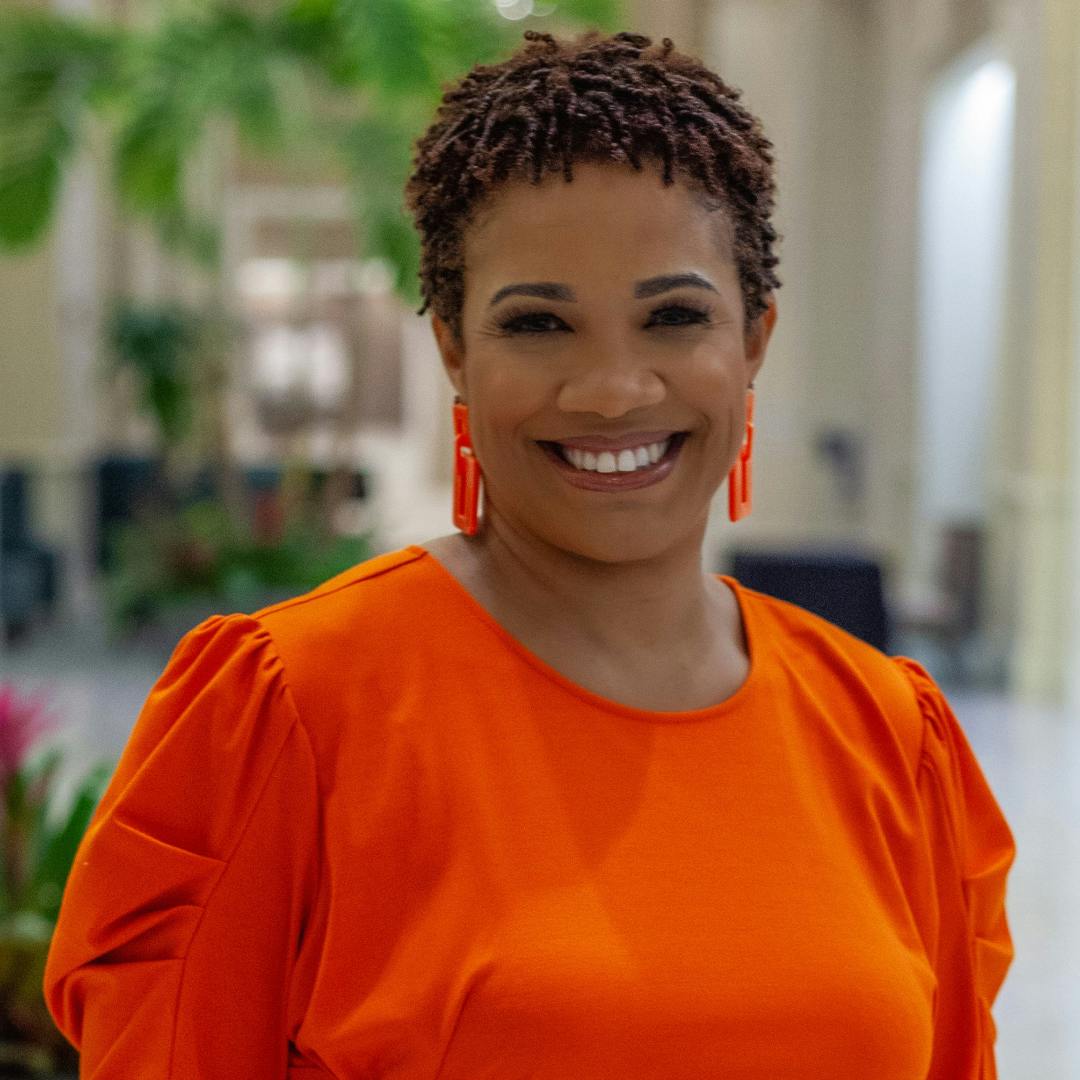Estate planning is one of those money topics that’s intimidating and a bit depressing. Plus, not only are you thinking about pretty morbid what-ifs, but you’re also paying to get everything squared away legally and on paper. But pros swear that the peace of mind that comes with knowing that your loved ones will be financially OK when you’re gone is priceless. Here, Lazetta Rainey Braxton, a certified financial planner, explains how an estate plan works and why having one is so important.
FEATURED EXPERT: LAZETTA RAINEY BRAXTON

Lazetta Rainey Braxton - Certified financial planner
Do I need to have an estate plan?
Everybody who is 18 and older needs an estate plan. An estate plan includes a will or a trust, if you have assets you want to transfer, and additional legal documents. It’s important to set up a durable power of attorney for financial and medical purposes. This is the person who can make decisions on your behalf, in case you become unable to do so. If you are incapacitated, a living will provides guidelines on how you want end-of-life treatment, so anybody who is considered an adult should get those planning documents done.It often provides guardianship instructions, which is extremely important if you have younger children. Make sure that these people — a guardian or a trustee — are equipped to handle the responsibilities that are associated with those titles and that they actually want to be in those positions. I have seen situations where people have named people, and the people who were named didn't know. Sometimes they're not even properly equipped to know exactly what they need to do.
When should I start thinking about estate planning?
Once you’re of legal age, aka an adult. Even if you're going to college and you don't have a lot of assets, you do need to be mindful of who can speak on your behalf. Your parents are not going to be able to do that as a default because you are no longer a minor.
What happens if I don’t create an estate plan?
If you don't create a plan, it could create legal chaos — particularly when it comes to assets like bank accounts. If you don't have your estate planning documents in place, then the state can decide who gets your assets. When it comes to incapacity, that could be pretty tricky as well. If you’re incapacitated for a period of time, and no one is able to pay your bills, it might destroy your credit. And if no one can make medical decisions on your behalf, that’s risky as well.
Creating your estate planning documents is an act of love. I have seen so many families fall apart in the confusion of what to do. It makes a difficult time more bearable because you have the wishes of the person who died, so your loved ones have the space to be able to grieve without having to deal with a lot of administrative and financial headaches.
How do I know which is right for me: a trust or a will?
Keep in mind that a will might go through probate [aka through the courts]. Therefore, your information will be public, which is why a lot of people like the privacy of a trust. A trust also allows you to be more detailed with your wishes. If you have more sophisticated desires, a trust may be more applicable as well. If you have a less complex situation, you can transfer your wealth by beneficiary designation, which is a much simpler process. But it can still be worth working with someone and getting a personalized experience.
If you can’t afford that, then get your documents set in place, and make sure that your questionnaire addresses all your concerns. Imagine yourself incapacitated and paint that scenario in your mind. I know that’s tough, but you've got to do it because your documents are a reflection of what you envision. And if you have a hard time envisioning it, then your documents are not going to satisfy the vision that may transpire.
Can I use an estate plan to minimize taxes?
Generally, using an estate plan to minimize taxes is for ultrahigh-net-worth individuals. Those are people who are subject to estate taxes. So there are some provisions where you can make annual exclusion donations to children and grandchildren.
This interview has been edited and condensed for clarity.
Live Smarter
Sign up for the Daily Skimm email newsletter. Delivered to your inbox every morning and prepares you for your day in minutes.
